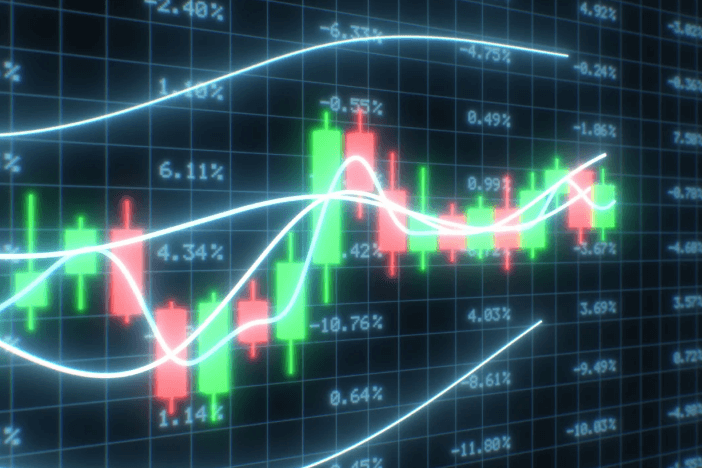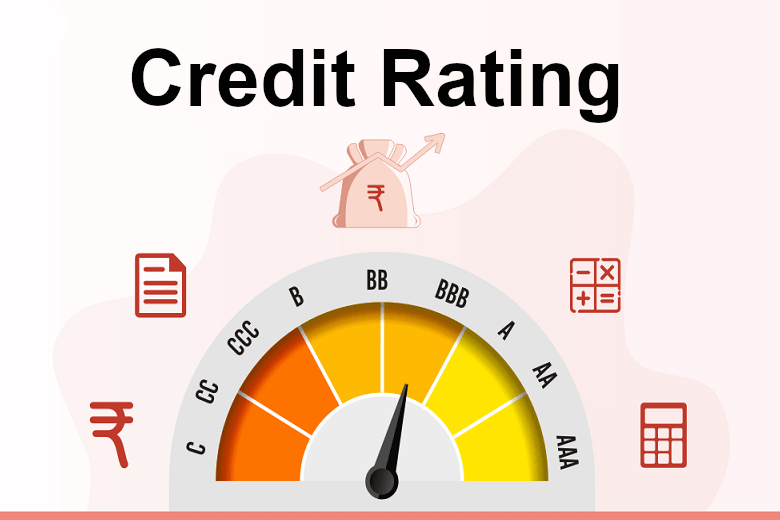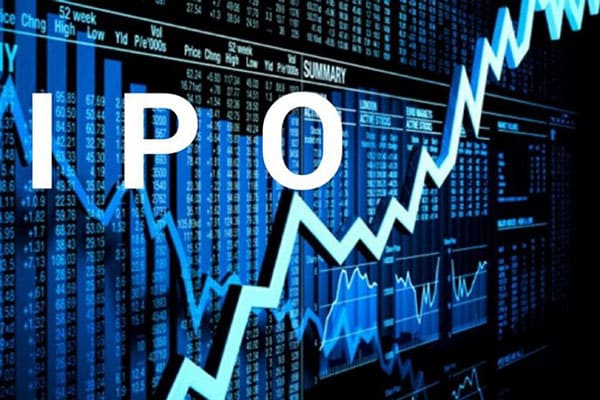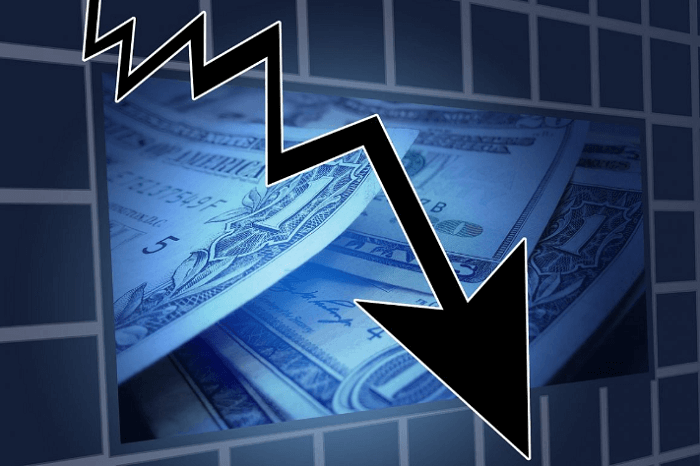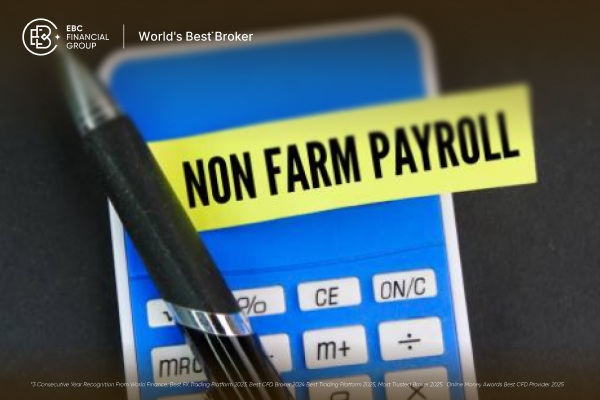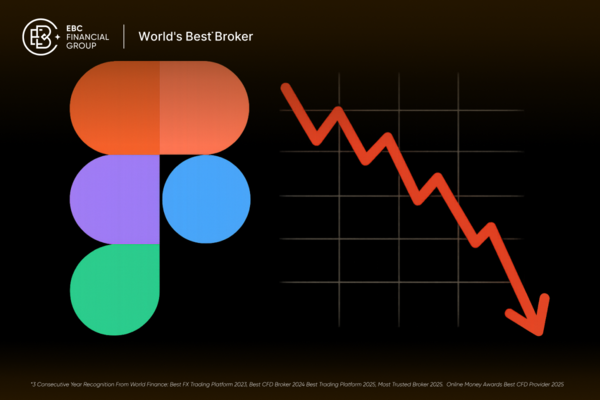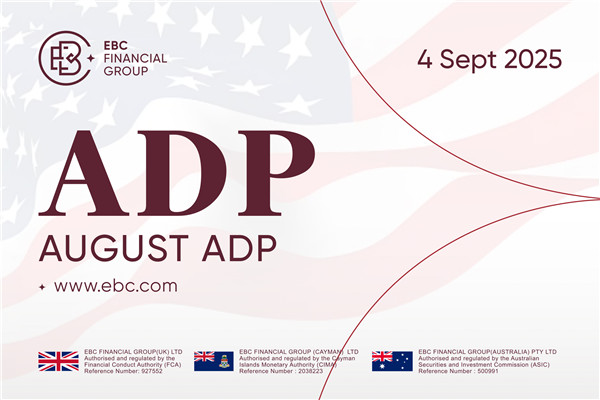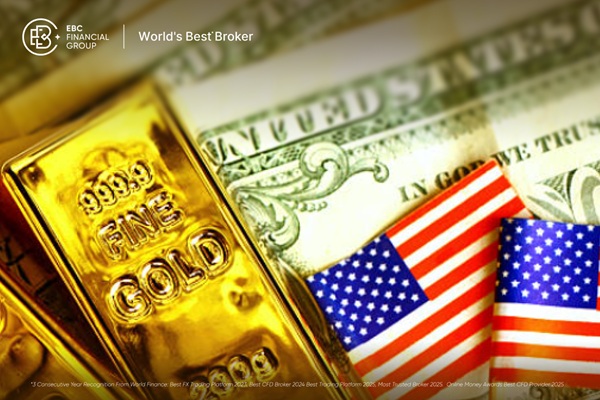The financial markets have always reflected the broader economic and geopolitical landscape. As of April 2025, the stock market has experienced significant volatility recently, prompting investors and analysts to question the likelihood of an impending crash.
Several factors contribute to these concerns, including aggressive tariff policies, geopolitical tensions, and economic indicators suggesting a potential downturn. Thus, the question remains: Is the stock market going to crash?
Current Market Climate
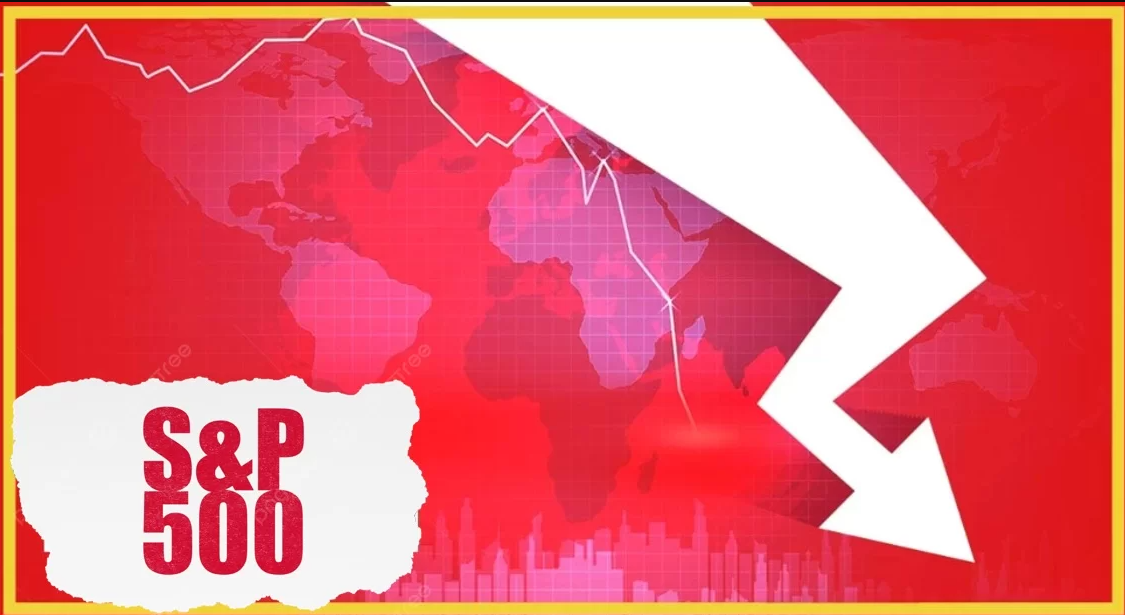
In early April 2025, global stock markets experienced significant volatility. The S&P 500, for instance, has seen a 10% decline since April 1, raising alarms among investors and economists alike.
This downturn is largely attributed to aggressive tariff policies implemented by the U.S. administration, leading to heightened trade tensions and economic uncertainty.
3 Indicators of a Potential Stock Market Crash
1) Trade Wars and Tariffs
President Donald Trump's implementation of aggressive tariff policies has been a central factor influencing market instability. In early April 2025, the administration imposed a 10% minimum tariff on most imports and higher rates for specific regions, such as a 54% tariff on Chinese goods.
These measures led to a significant drop in the S&P 500, which fell by 10% within two days, marking one of the most substantial declines since 2020. Economists express concern that prolonged tariffs could pressure banks, weaken equities, and trigger a gradual financial crisis.
The European Union responded by proposing a "zero-for-zero" tariff agreement to eliminate tariffs on industrial goods. However, the U.S. administration insisted that the EU also reduce non-tariff barriers, such as value-added taxes and stringent regulations, to advance negotiations. This standoff has heightened fears of a global recession, with economic experts predicting a 60% chance of a downturn.
2) Recession Indicators and Corporate Sentiment
Corporate leaders have voiced apprehensions regarding the economic outlook. BlackRock CEO Larry Fink noted that many CEOs he consulted believe the U.S. may already be in a recession. A CNBC survey revealed that 69% of top executives anticipate an imminent recession, with over half expecting it to commence within the year. The recent tariff implementations have intensified these concerns, leading to significant market sell-offs and increased volatility.
Financial institutions have adjusted their market forecasts in response to these developments. Morgan Stanley predicts that the S&P 500 could decline to 4,700 — a 7% to 8% drop from previous levels — if aggressive tariff strategies persist and the Federal Reserve does not reduce interest rates.
Similarly, Oppenheimer downgraded its target for the index from 7,100 to 5,950, citing widespread investor pessimism and market overselling.
3) Market Volatility and Investor Behavior
The imposition of tariffs has led to heightened market volatility, with significant single-day drops in major indices. On April 3, 2025, the S&P 500 dropped by 4.8%, the NASDAQ declined by 5.9%, and the dow jones industrial average fell by 4%. These movements reflect investor anxiety over the potential for tariffs to create inflation by increasing manufacturing costs and consumer prices.
Analysts are closely monitoring various indicators for signs of a potential market crash. Factors such as high stock valuations, geopolitical tensions, and declining economic indicators contribute to the apprehension. While some experts warn of a massive downturn, others remain optimistic about market resilience, highlighting the complexity of the current landscape.
Expert Analyses and Predictions
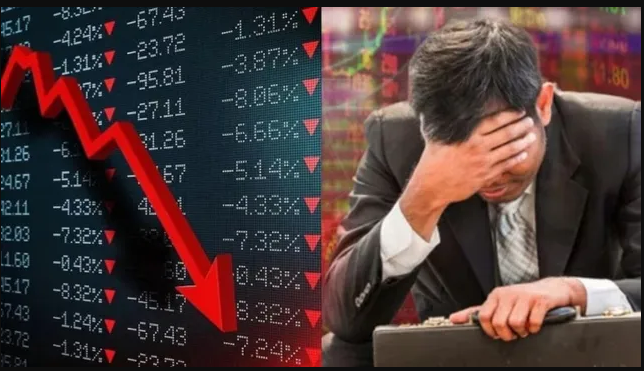
Financial analysts and economists have expressed varying opinions on the current market trajectory:
Recession Fears: Larry Fink, CEO of BlackRock, has indicated that the U.S. may already be in a recession, with many CEOs sharing this sentiment. A CNBC survey revealed that 69% of top executives predict an imminent recession, with over half expecting it to begin within the year.
Market Outlook: Some analysts believe that while the market is experiencing a significant correction, it may not necessarily lead to a full-blown crash. They argue that underlying economic fundamentals remain relatively strong, and the market could stabilise once trade tensions ease.
Contrarian Views: A few experts view the current downturn as a potential buying opportunity, suggesting that specific sectors may be undervalued and poised for recovery once market conditions improve.
Potential Scenarios and Investing Strategy Moving Forward
Considering the current indicators and expert analyses, several scenarios could unfold:
Prolonged Bear Market: If trade tensions persist and economic indicators continue to weaken, the market could enter a sustained bear phase characterised by prolonged declines and investor pessimism.
Market Stabilisation: If there is a resolution to trade disputes and positive economic data emerge, the market could stabilise and potentially recover lost ground.
Sectoral Divergence: Certain sectors, specifically those less affected by tariffs or with strong domestic focus, may outperform others, leading to a fragmented market landscape.
In light of the current market volatility, investors may consider the following approaches:
Diversification: Spreading investments across various asset classes and geographies can help mitigate risks associated with market downturns.
Focus on Fundamentals: Investing in companies with strong balance sheets, consistent earnings, and competitive advantages may offer more resilience during market corrections.
Stay Informed: Keeping abreast of economic indicators, policy changes, and geopolitical developments can inform investment decisions.
Risk Assessment: Regularly evaluating one's risk tolerance and investment horizon can ensure one's portfolio aligns with individual financial goals and comfort levels.
Conclusion
The convergence of aggressive tariff policies, recession indicators, and market volatility has led to increased speculation about a potential stock market crash. While it is challenging to predict market movements with certainty, staying informed about economic policies, corporate sentiments, and global developments is essential for investors.
Diversifying portfolios and consulting with financial advisors can help navigate the uncertainties and mitigate potential risks associated with market fluctuations.
Disclaimer: This material is for general information purposes only and is not intended as (and should not be considered to be) financial, investment or other advice on which reliance should be placed. No opinion given in the material constitutes a recommendation by EBC or the author that any particular investment, security, transaction or investment strategy is suitable for any specific person.






